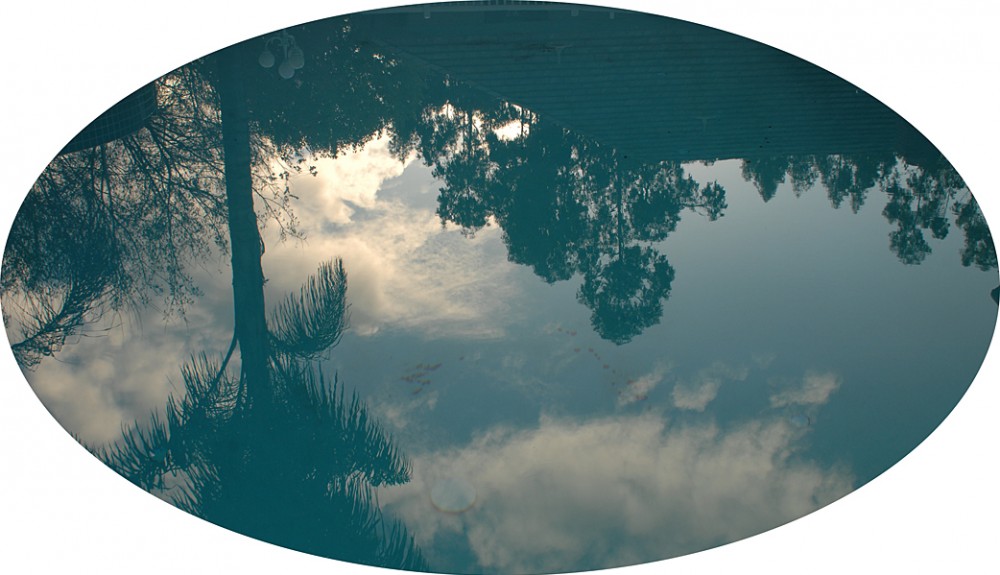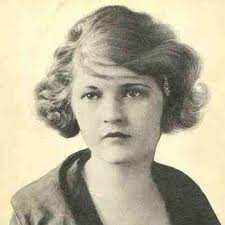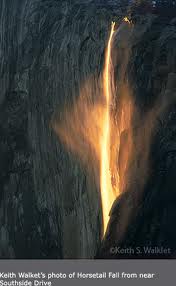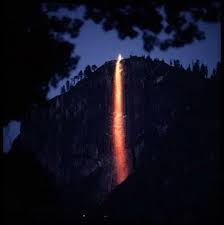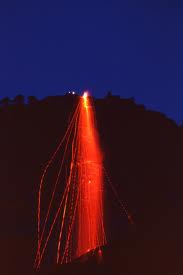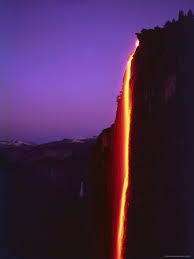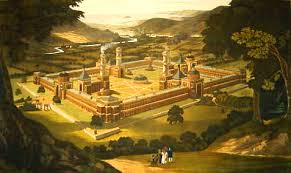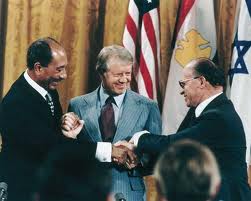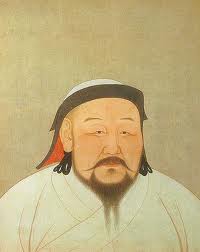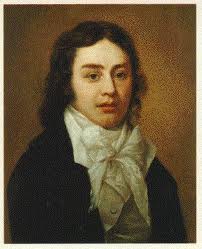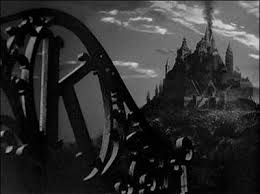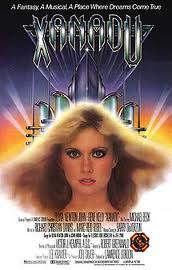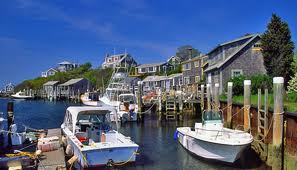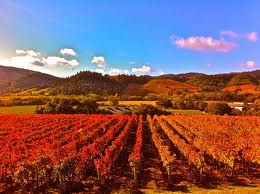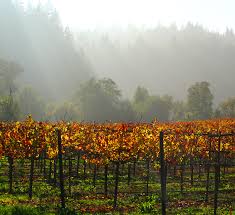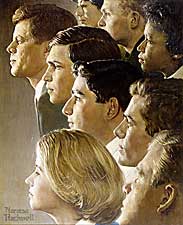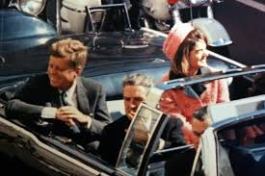Zelda was a beautiful redheaded southern debutante when F. Scott Fitzgerald met her in the waning days of World War One. He was a soldier from Minnesota stationed near her Alabama hometown, wondering if he would be sent to France and join the fight before it was over. Zelda loved flirting with all the new boys who were training nearby, they all had possibilities.
After some heavy flirtations, Zelda rebuffed Scott because he hadn’t “sufficient prospects.” As the daughter of an Alabama Supreme Court judge, she’d been raised with some measure of status and privilege, in a small town sort of way. A Princeton dropout with good genes and no money wouldn’t give her that life. She sent Fitzgerald away.
Scott Fitzgerald didn’t go to France, at least not then, the war ended too soon. He retreated into his literary dream world, creating, revising, reliving his hopes and dreams. The final fruits of that struggle would be This Side of Paradise. It was a best-selling sensation. Zelda married Scott and they became the darlings of the post-war era that Scott Fitzgerald himself dubbed “the Jazz Age.”
Scott and Zelda Fitzgerald took Manhattan by storm. Her face was the cover girl image of the “flapper,” wife of the handsome, glamorous. best-selling author. They flaunted Prohibition, starring at all the best speakeasies, famously dancing on the top of a limousine while cruising down Fifth Avenue. He wrote about it all and his tales filled the pages of popular magazines like Cosmopolitan and the Saturday Evening Post.
When they tired of New York, Zelda and Scott took their party to Paris. There they were, the stars of of the literary set of American and British ex-patriots known as “the Lost Generation.” James Joyce, Ford Maddox Ford, T.S. Eliot, Pablo Picasso, Cole Porter and Josephine Baker would gather in the salon of Gertrude Stein and her lover Alice B. Toklas in what must have been electrifying sessions.Scott met the little-known Ernest Hemingway during this period and mentored his early career.The good times carried on to the south of France, where the Fitzgeralds’ “movable feast” made the French Riveria fashionable in summer. It is also where Zelda took a handsome French aviator as her lover, nearly destroying Scott and their marriage. Yet they danced on.
Scott was devastated by her infidelity. He never stopped loving his Zelda and took her back. Ernest Hemingway always felt that Fitzgerald’s blind love of Zelda ruined him, that her insatiable needs drained him of his life force and creativity, forcing Scott to write short stories instead of the higher-concept literature he was capable of.Scott Fitzgerald dealt with his pain in the pages of his typewriter. And the party went on.
Perhaps Zelda Fitzgerald was bipolar, a manic-depressive. In 1927, Zelda decided that motherhood and marriage had also repressed the talents of the the prima ballerina she felt was buried deep inside her 27-year old body. her manic months of training took its toll physically, emotionally and mentally. Zelda ended up in a Swiss mental institution.
The Fitzgeralds returned to the United States and Zelda to a series of mental institutions. She determined that her own career as a novelist had been stunted and even preempted by her husband mining their life stories for his fiction, including The Great Gatsby. While institutionalized in Maryland, she wrote own unsuccessful novel, Save Me the Waltz in 1932. The overlap in story lines and characters of her prose with his was more than noticeable; Scott was enraged, which did nothing to help their troubled marriage. Scott fictionalized their marital drama and his own version of similar material in his 1934 novel Tender is the Night.
F. Scott Fitzgerald never gave up on their marriage, he never stopped loving Zelda. He wrote more and more short stories for popular magazines to pay for her ongoing mental health care. Scott Fitzgerald would die in Hollywood, where he gone to earn money in the movie industry as a screenwriter. Zelda died six years later in a fire that she’d started inside her final mental home.
Part of Zelda Sayre Fitzgerald’s legacy is based upon her high-profile lifestyle, her embodiment of the Roaring Twenties flapper, her artistic aspirations. Literary history will always remember her inspiration as the beautiful muse of one of the Twentieth Century’s greatest authors, my personal favorite.
